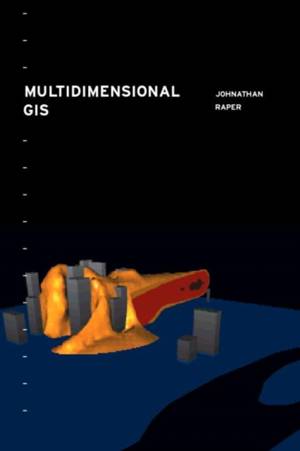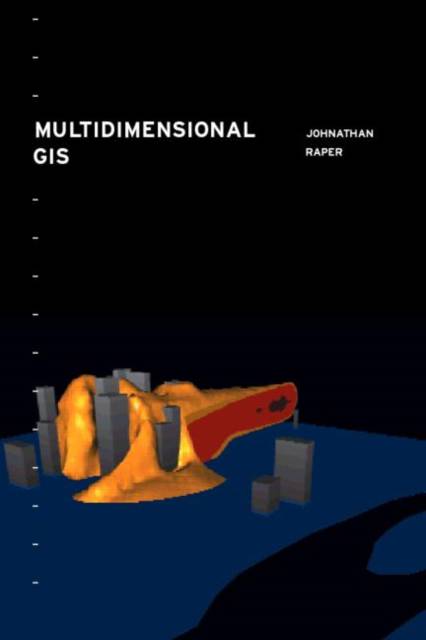
En raison d'une grêve chez bpost, votre commande pourrait être retardée. Vous avez besoin d’un livre rapidement ? Nos magasins vous accueillent à bras ouverts !
- Retrait gratuit dans votre magasin Club
- 7.000.000 titres dans notre catalogue
- Payer en toute sécurité
- Toujours un magasin près de chez vous
En raison de la grêve chez bpost, votre commande pourrait être retardée. Vous avez besoin d’un livre rapidement ? Nos magasins vous accueillent à bras ouverts !
- Retrait gratuit dans votre magasin Club
- 7.000.0000 titres dans notre catalogue
- Payer en toute sécurité
- Toujours un magasin près de chez vous
Description
The way people normally view a GIS is 2-dimensional, a greatly limiting form. However, as developments occur within the field, researchers and practitioners are finding ways to make a GIS 3-dimensional, and in some instances even 4-dimensional. Being able to view a GIS in more than 2 dimensions greatly enhances its usability. This forward-looking text, looks at the ways in which 3- and 4-dimensional (multidimensional) GIS can be incorporated into the area in the future using a variety of programming techniques. The author of this unique book also discusses current examples and uses of multidimensional GIS in the field and shows the way forward for users in the coming years.
Spécifications
Parties prenantes
- Auteur(s) :
- Editeur:
Contenu
- Nombre de pages :
- 320
- Langue:
- Anglais
- Collection :
Caractéristiques
- EAN:
- 9780748405077
- Date de parution :
- 23-11-00
- Format:
- Livre broché
- Format numérique:
- Trade paperback (VS)
- Dimensions :
- 157 mm x 233 mm
- Poids :
- 566 g

Les avis
Nous publions uniquement les avis qui respectent les conditions requises. Consultez nos conditions pour les avis.






